Splint PC Tablet
MRP ₹48
(Inclusive of all Taxes)
₹7.2 Cashback (15%)
Provide Delivery Location
Online payment accepted
 Prescription drug
Prescription drugWhats That
Composition :
Manufacturer/Marketer :
Consume Type :
Return Policy :
About Splint PC Tablet
Splint PC Tablet belongs to the group of medications known as NSAIDs (Non-Steroidal Anti-Inflammatory Drugs) used to relieve symptoms like pain, inflammation and joint stiffness associated with rheumatoid arthritis and osteoarthritis. Osteoarthritis is a degenerative joint disease in which the two ends of the joints come together due to the breakdown of a protective covering (cartilage). Rheumatoid arthritis is an auto-immune disease (the body's immune system attacks its tissue), leading to joint pain and damage.
Splint PC Tablet contains 'Piroxicam' that works by blocking the effect of a chemical messenger in the body, known as cyclo-oxygenase (COX) enzymes that make another chemical prostaglandins. Prostaglandins are produced at injury sites and cause pain and swelling. By blocking the effect of COX enzymes, lesser prostaglandins are produced, which reduces mild to moderate pain and inflammation at the injured or damaged site.
Take Splint PC Tablet as prescribed. In some cases, you may experience certain common side-effects such as diarrhoea, dizziness, nausea, vomiting, and stomach pain. Most of these side-effects do not require medical attention and will resolve gradually over time. However, you are advised to speak to your doctor if you experience these side-effects persistently.
Splint PC Tablet can increase your risk of a fatal heart attack or stroke. So, if you have had any recent heart bypass surgery, do not take Splint PC Tablet unless prescribed by the doctor. Splint PC Tablet increases the chances of stomach ulcers and bleeding. Consult your doctor before taking Splint PC Tablet if you are pregnant or breastfeeding. Splint PC Tablet may cause dizziness, so drive with caution. Splint PC Tablet is not recommended for children as safety and efficacy have not been established. Avoid consuming alcohol along with Splint PC Tablet as it could lead to increased dizziness. It could also increase the risk of stomach bleeding.
Uses of Splint PC Tablet
Directions for Use
Key Benefits
Splint PC Tablet belongs to the group of pain killers known as NSAIDs (Non-Steroidal Anti-Inflammatory Drugs). Splint PC Tablet is used to relieve symptoms associated with osteoarthritis, and rheumatoid arthritis, such as stiffness, swelling, and joint pain. Splint PC Tablet works by blocking the effect of a chemical messenger in the body, known as cyclo-oxygenase (COX) enzymes that make another chemical prostaglandins. Prostaglandins are produced at injury sites and cause pain and swelling. By blocking the effect of COX enzymes, fewer prostaglandins are produced, which reduces mild to moderate pain and inflammation at the injured or damaged site.
Storage
Drug Warnings
Splint PC Tablet may increase the risk of serious heart-related problems, like heart attack and stroke. So, if you are a heart patient, let your doctor know before taking Splint PC Tablet. Besides this, Splint PC Tablet may also cause stomach and intestinal bleeding/ulcers, so let your doctor know if you have these problems. Do not take Splint PC Tablet if you have had heart bypass surgery or coronary artery bypass graft surgery (CABG) as it can increase your risk of a heart attack or stroke. Consult your doctor before taking Splint PC Tablet if you are pregnant or breastfeeding. Splint PC Tablet may cause drowsiness and dizziness, so drive only if you are alert. Splint PC Tablet is not recommended for children as safety has not been established. Avoid consuming alcohol along with Splint PC Tablet as it could lead to increased drowsiness and can increase the risk of stomach bleeding. Tell your doctor before taking Splint PC Tablet if you have asthma, water retention (oedema) or high blood pressure, stuff/runny nose, nasal polyps, liver or kidney problems.
Diet & Lifestyle Advise
- Physical activity helps in strengthening muscles and relieves joint stiffness. Gentle activities like 20-30minutes of walking or swimming would be helpful.
- Performing yoga may also help in improving joint flexibility and pain management.
- Maintain a healthy weight by performing regular low-strain exercises and eating healthy food.
- Get adequate sleep as resting the muscles can help in reducing inflammation and swelling.
- Follow heat or cold therapy, apply a cold or hot compress on the joints for 15-20minutes regularly.
- De-stress yourself by meditating, reading books, taking a warm bubble bath, or listening to soothing music.
- Acupuncture, massage, and physical therapy may also be helpful.
- Eat food rich in antioxidants such as berries, spinach, kidney beans, dark chocolate, etc.
- Foods containing flavonoids help in reducing inflammation. These include soy, berries, broccoli, grapes, and green tea.
- Avoid smoking and alcohol consumption.
Side Effects of Splint PC Tablet
- Diarrhoea
- Dizziness
- Nausea
- Vomiting
- Stomach pain
Habit Forming
Therapeutic Class
All Substitutes & Brand Comparisons
RX
Out of StockDolocam 20mg Tablet DT
₹68.8
(₹2.48 per unit)
42% CHEAPERRX
Pinij DT Tablet 10's
Sunij Pharma Pvt Ltd
₹52.5
(₹4.73 per unit)
9% COSTLIERRX
MOBICAM DT 20MG TABLET
Cipla Ltd
₹73
(₹6.57 per unit)
52% COSTLIER
Author Details
We provide you with authentic, trustworthy and relevant information
FAQs
Splint PC Tablet works by blocking the effect of chemical messengers (prostaglandin), thereby reducing joint pain, stiffness, swelling, and inflammation.
Diarrhoea might be a side-effect of Splint PC Tablet. Drink lots of fluids and eat non-spicy food if you experience diarrhoea. If you find blood in stools (tarry stools) or experience severe diarrhoea, consult your doctor. Do not take anti-diarrheal medicine on your own.
Do not take Splint PC Tablet for longer durations or high doses as it may cause unpleasant side effects. Do not exceed the dose and duration prescribed by your doctor.
Splint PC Tablet may increase the risk of heart attack or stroke. Do not use Splint PC Tablet immediately before or after bypass surgery. Inform your doctor if you have heart problems.
Consult your doctor before taking Splint PC Tablet if you have diabetes as Splint PC Tablet might increase the blood sugar levels.
Drug-Drug Interactions Checker List
- DULOXETINE
- SERTRALINE
- METOPROLOL
- CELECOXIB
Disease/Condition Glossary
Osteoarthritis: It is a degenerative joint disease in which the two ends of the joints come together due to the breakdown of a protective covering called cartilage. Due to the absence of this protective covering, the joints rub against each other, leading to pain and stiffness. Symptoms of osteoarthritis include pain, stiffness, inflammation, and tenderness. The main reason for osteoarthritis is age; the older you are, the more likely you could get osteoarthritis, thus known as degenerative disease, meaning that the joints wear out as a person ages. Other reasons might include a past injury such as torn cartilage, dislocated joints, and ligament injuries.
Rheumatoid arthritis: It is an auto-immune disease (the body's immune system attacks its tissue), leading to joint pain and damage. Symptoms of rheumatoid arthritis include pain, swelling, stiffness, deformities, and loss of joint function.

Have a query?
Alcohol
Safe if prescribed
You are recommended to avoid alcohol consumption while taking Splint PC Tablet. Alcohol intake, along Splint PC Tablet may cause increased dizziness. It may also cause an increase in the risk of stomach/intestine ulcers and bleeding.
Pregnancy
Consult your doctor
Avoid taking Splint PC Tablet if you are pregnant unless prescribed by the doctor. Please consult your doctor if you have any concerns regarding this; your doctor will prescribe Splint PC Tablet only if the benefits outweigh the risks. Do not take Splint PC Tablet in the last 20 weeks of pregnancy as it may cause serious kidney and heart problems in the unborn baby and complications with the pregnancy.
Breast Feeding
Consult your doctor
Avoid breastfeeding while taking Splint PC Tablet. Please consult your doctor if you have any concerns.
Driving
Safe if prescribed
Splint PC Tablet may cause dizziness. Do not drive or operate heavy machinery if you experience dizziness.
Liver
Consult your doctor
Dose adjustment may be needed. Splint PC Tablet should be used with caution in patients with liver impairment/liver disease. Please consult your doctor if you have a liver impairment or any concerns regarding this.
Kidney
Consult your doctor
Dose adjustment may be needed. Splint PC Tablet should be used with caution in patients with kidney impairment/kidney disease. Please consult your doctor if you have kidney impairment or any concerns regarding this.
Children
Safe if prescribed
Splint PC Tablet is not recommended for children, as the efficacy and safety have not been established.





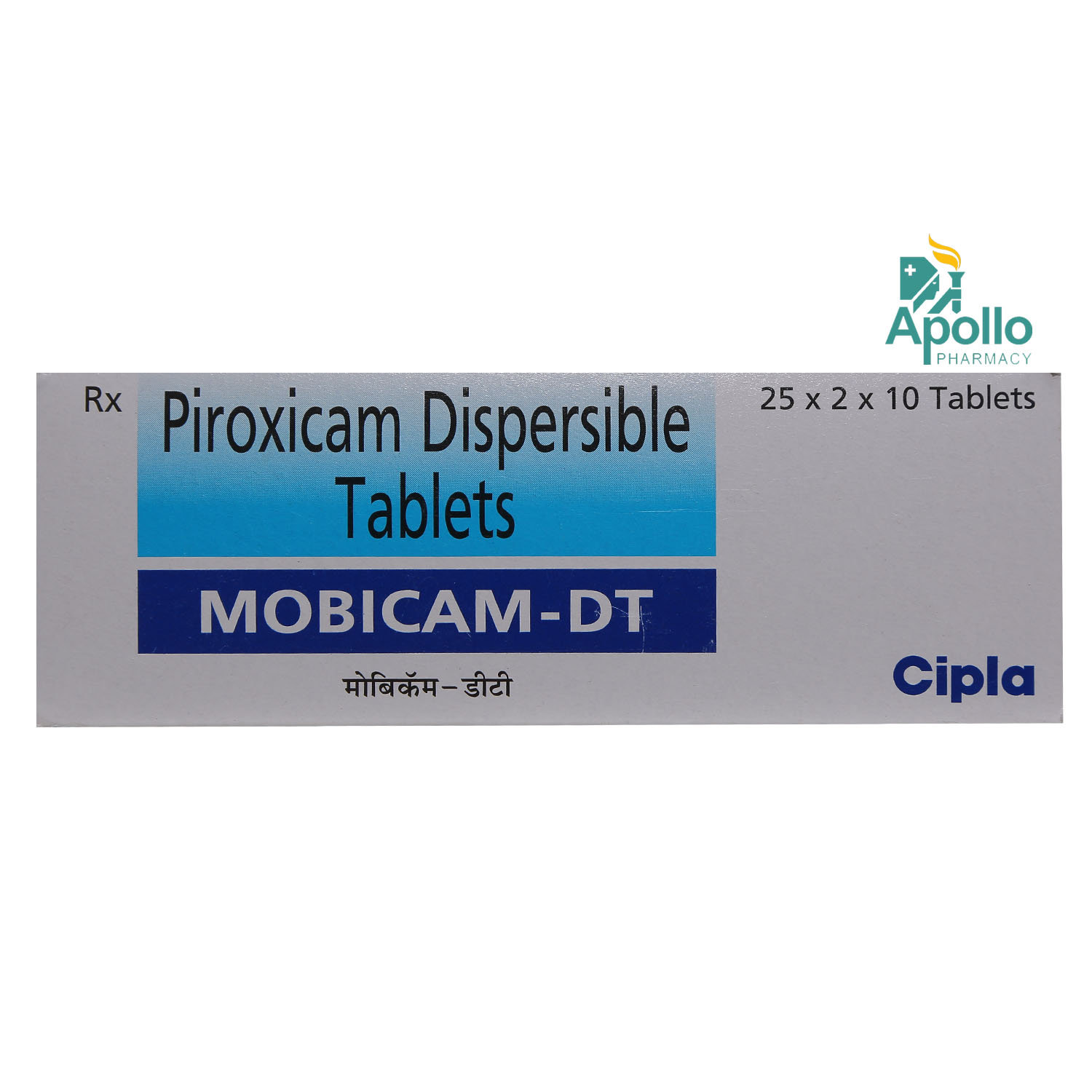
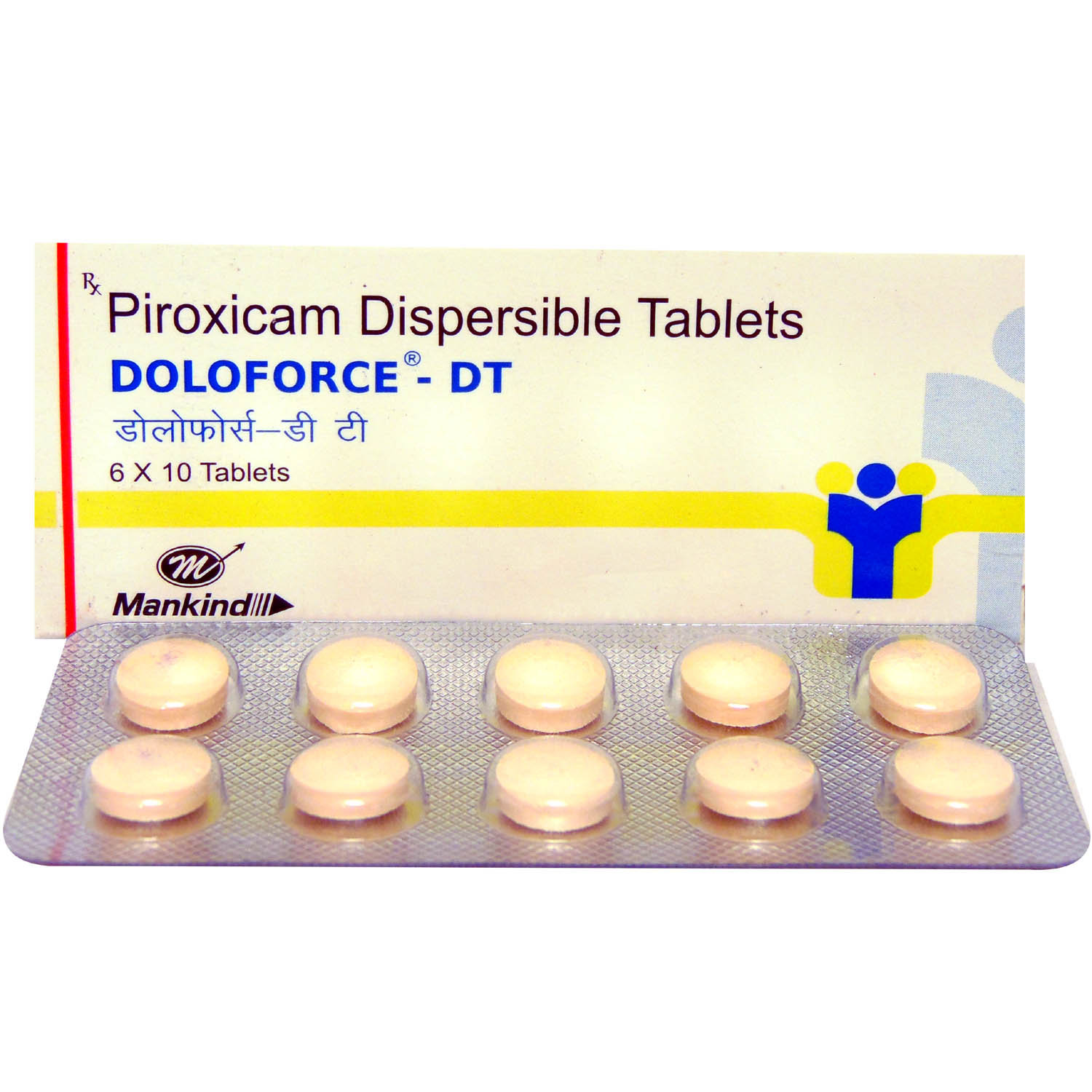
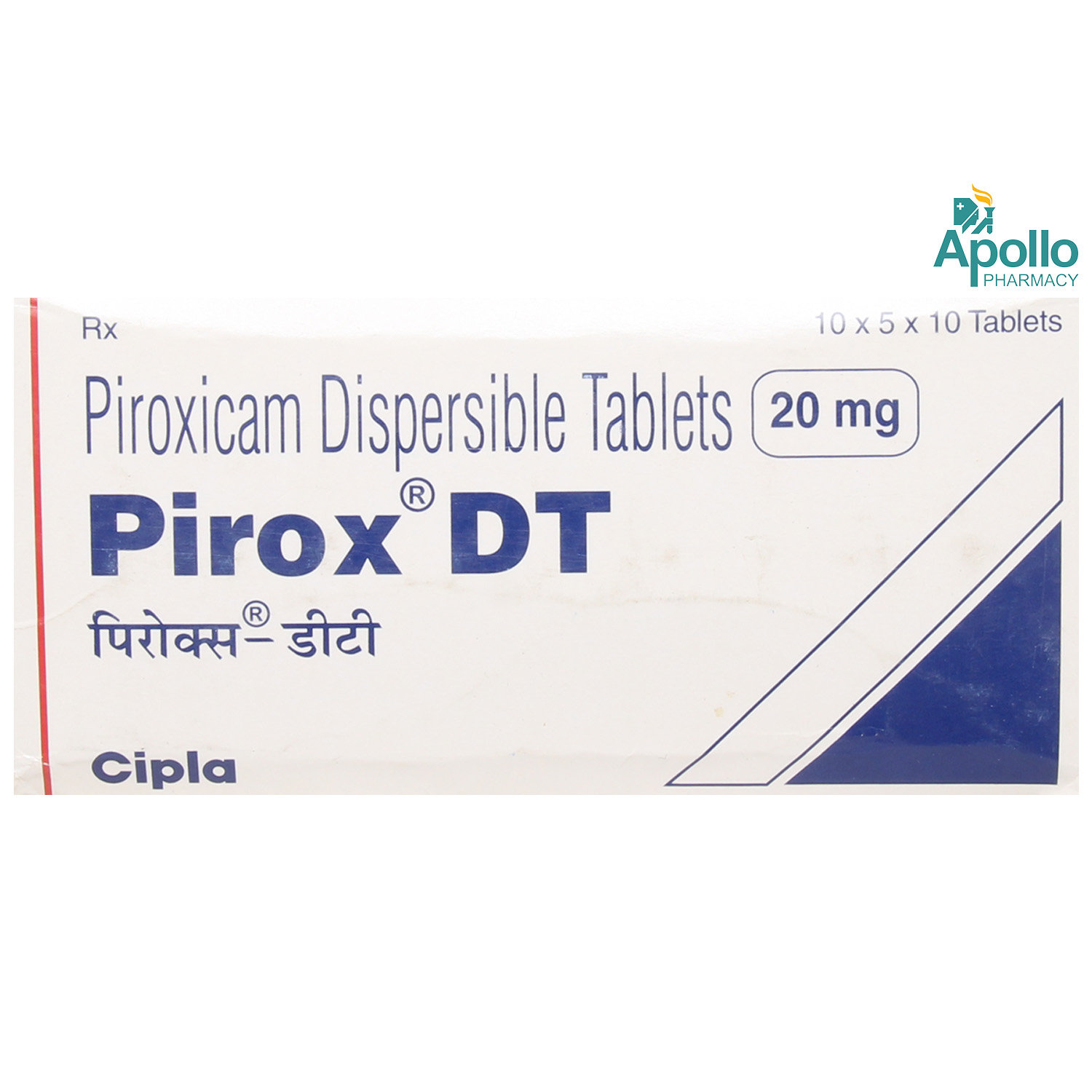
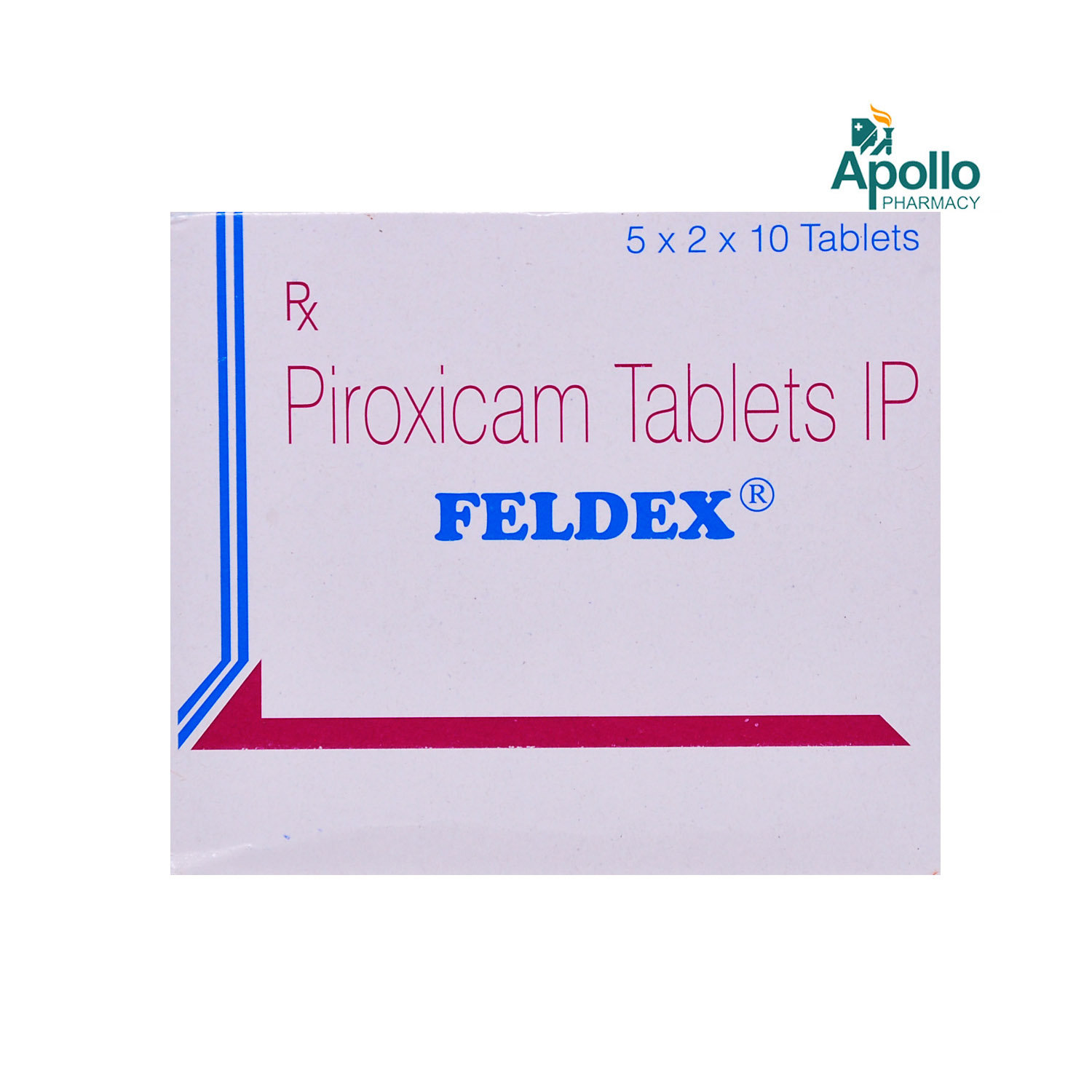
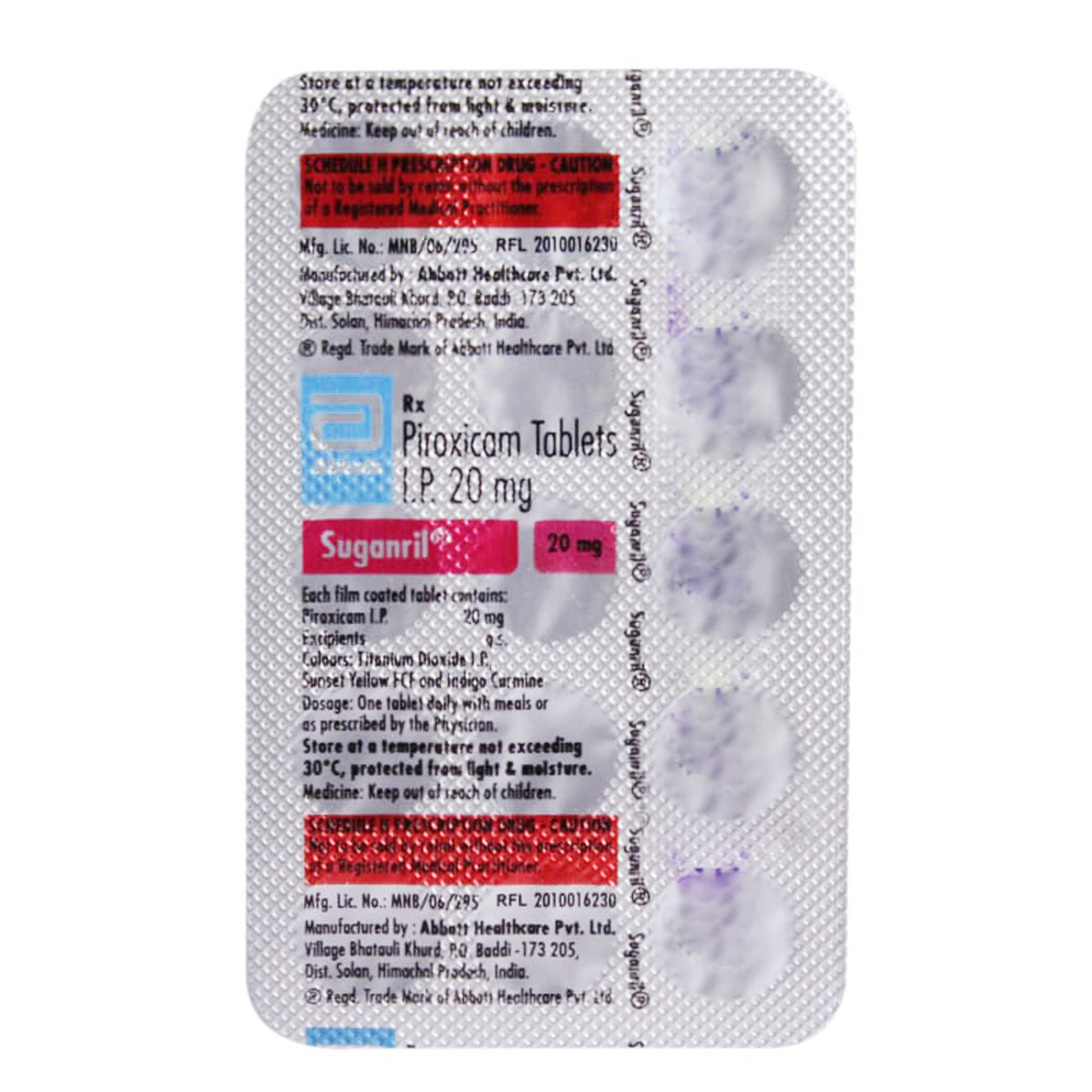
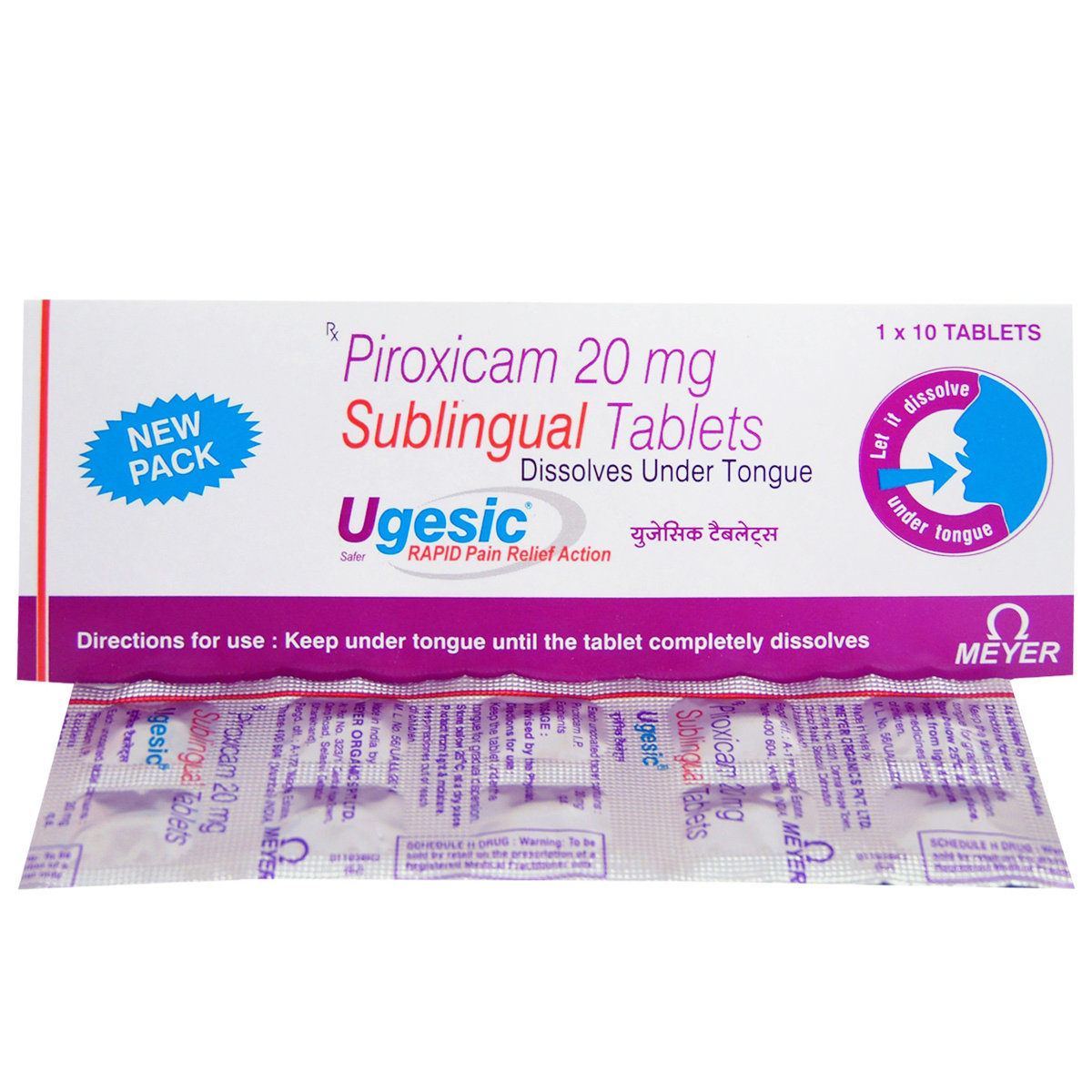
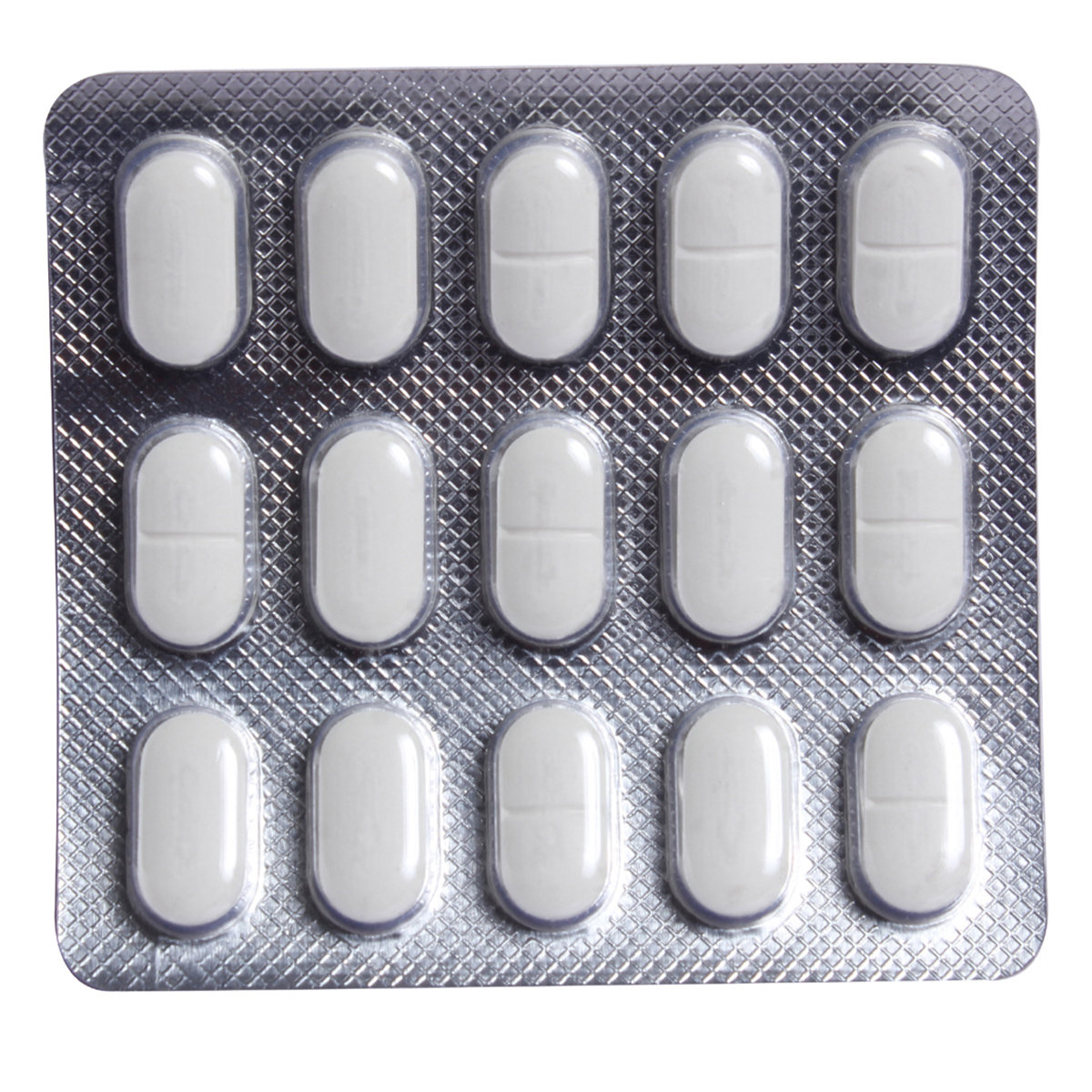



_0.jpg?tr=q-85)

